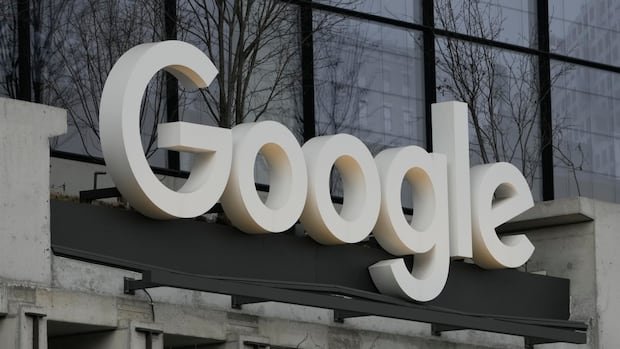A federal judge has issued a ruling that will impact Google’s search engine operations, aiming to reduce the influence of an unlawful monopoly. While the judge did not mandate the breakup of the company, the decision is set to reshape the tech industry, especially amidst advancements in artificial intelligence.
In a detailed 226-page decision, U.S. District Judge Amit Mehta in Washington, D.C., outlined restrictions on certain tactics employed by Google to drive traffic to its search engine and related services. Additionally, the ruling will compel Google to open up its closely guarded databases containing valuable search habit information, which has long given the company a significant competitive edge.
The court order prohibits specific exclusive agreements that Google has with device manufacturers and browser developers, although it falls short of completely prohibiting these multi-billion dollar deals that have solidified Google’s dominance as the default search engine on various devices. The judge also dismissed the U.S. Justice Department’s push to compel Google to divest its popular Chrome browser, citing potential complications and risks associated with such a move.
While the ruling does not mandate the sale of Chrome, it does require Google to provide competitors access to some of the proprietary data collected from countless search queries, which has been instrumental in enhancing search result quality. This measure, fiercely contested by Google, aims to level the playing field for other companies in the AI sector.
Judge Mehta’s decision acknowledges the evolving landscape shaped by generative AI technologies, such as ChatGPT and Perplexity, which are altering how people seek information online. While these AI-powered chatbots are not yet poised to replace traditional search engines, their continued development could lead to more Google Search-like functionalities in the future.
The ruling has been hailed as a win for the Justice Department and other tech firms, signaling a shift towards fostering competition and innovation in the industry. Google intends to appeal the ruling, but investors have responded positively, with Alphabet Inc.’s stock surging in after-hours trading.
The decision to allow Google’s default search deals to persist is not only a victory for the company but also benefits recipients like Apple, which earns substantial revenue from such arrangements. As Google navigates this legal landscape, it faces additional challenges, including an ongoing antitrust case targeting its digital advertising business.
As the tech giant grapples with legal scrutiny and regulatory pressure, the industry awaits further developments in the evolving landscape of digital competition and innovation.

